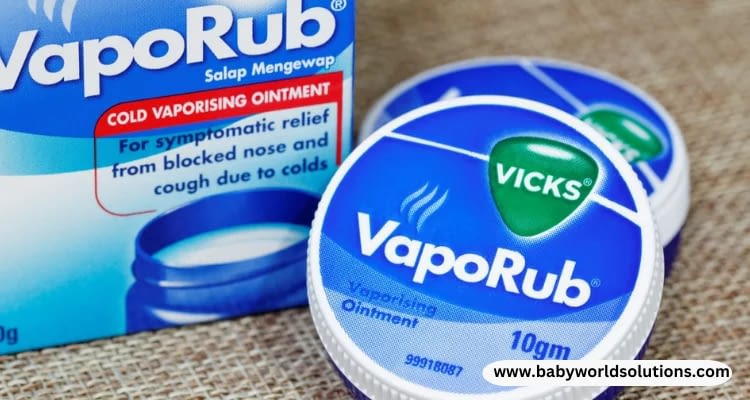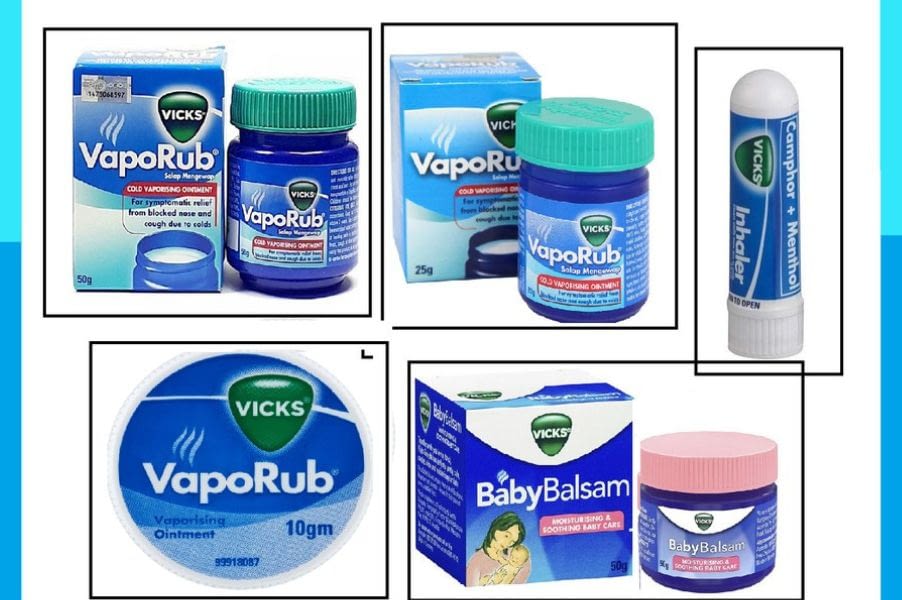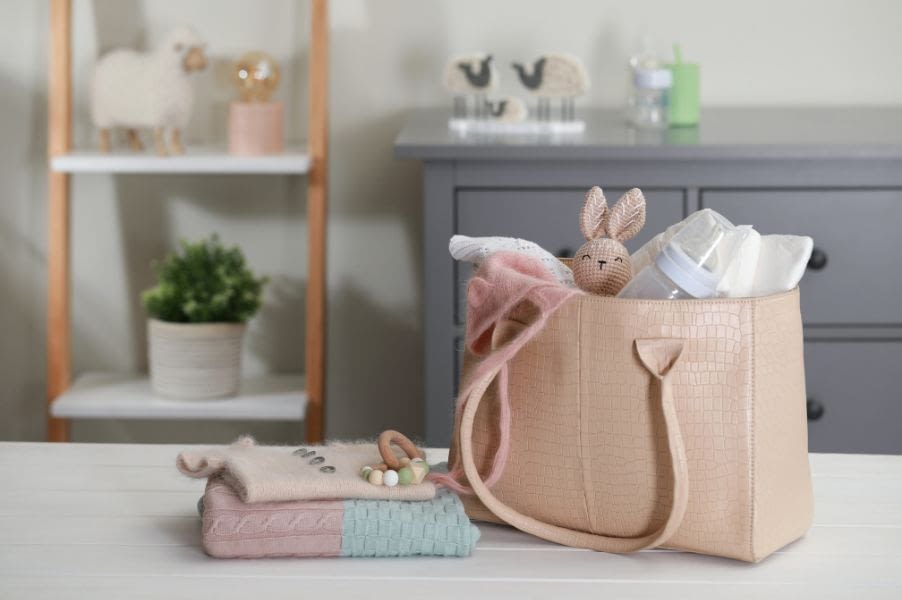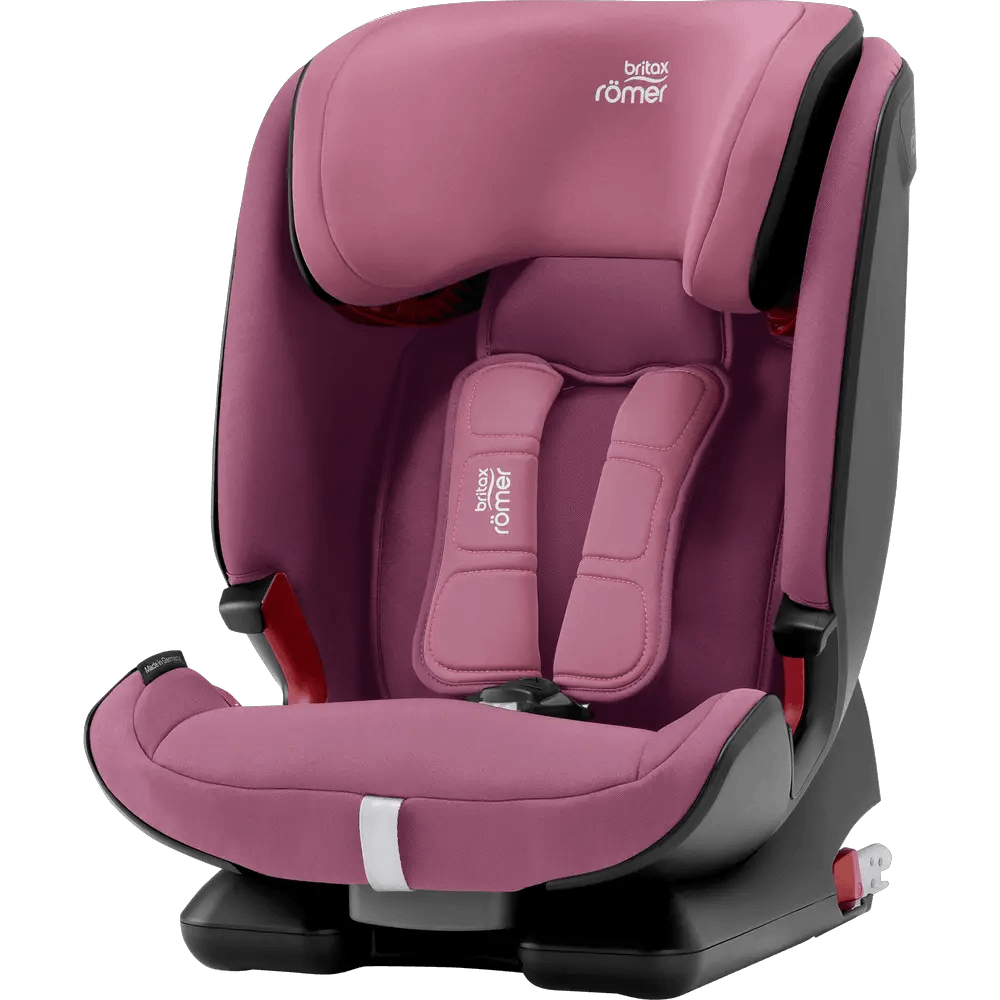The use of various over-the-counter medicines and treatments during pregnancy often leads to numerous concerns, given the potential impact on the developing fetus. One such product that has generated queries is Vicks, a famous brand widely used for relieving cold, cough, and congestion symptoms.
The critical question that arises is whether the use of Vicks can lead to a miscarriage. Through this article, I aim to explore the effects of different Vicks products during pregnancy, how to use them and what the alternatives are if Vicks can cause miscarriage risk. Understanding this is crucial as it directly pertains to the mother’s and unborn child’s health and safety.
Vicks and Pregnancy: Can Vicks Cause Miscarriage?
Studies on the safety of Vicks during pregnancy are sparse and have produced inconclusive results. Most health professionals emphasize that the safety of medications during pregnancy largely depends on the dosage, frequency, and manner of usage.
Active ingredients in Vicks and their potential risks
Vicks, particularly the Vicks VapoRub, comprises several active ingredients contributing to its therapeutic effects. Let’s delve into these components:
- Camphor: Camphor, derived from the bark and wood of the camphor tree, is a common ingredient in many topical creams and ointments. In Vicks, it acts as a cough suppressant and a topical analgesic, relieving congestion and muscle aches.
- Menthol, derived from mint oils, provides a cooling sensation when applied or inhaled. It serves as a local anaesthetic and a counterirritant in Vicks, helping soothe irritated nasal passages and suppress coughs.
- Eucalyptus Oil: It is well-known for its potent antimicrobial and anti-inflammatory properties. In Vicks, it aids in alleviating cough symptoms and helps in reducing congestion.
While these ingredients are generally safe for topical use in adults and children above two years, their safety during pregnancy is a matter of ongoing medical debate. Therefore, it is better to consult your healthcare provider before using any over-the-counter medication during pregnancy.
Potential risks of smelling Vicks Vaporub while pregnant
The use of Vicks, specifically Vicks VapoRub, during pregnancy warrants careful consideration due to the potential risks associated with its active ingredients.
According to medical professionals, the key concern is not Vicks itself but the manner and frequency of its usage.
Camphor Overdose
While camphor’s medicinal properties can be beneficial, excessive use or ingestion can lead to camphor toxicity. In rare and severe situations, this could lead to seizures or other critical health concerns. Pregnant women should exercise caution to prevent accidental ingestion, especially given that the safety of camphor during pregnancy is not entirely clear.
Menthol Sensitivity
Some individuals may have a sensitivity or allergy to menthol, one of the active components in Vicks. Use in these individuals could lead to skin reactions or more severe allergic responses. Pregnant women with known sensitivities should avoid using Vicks.
Eucalyptus Oil Risks
Eucalyptus oil is generally safe when used appropriately. However, it can cause nausea, vomiting, or diarrhoea if ingested. Inhalation of large amounts might also lead to dizziness or feelings of suffocation. While there’s no definitive evidence linking these effects to miscarriage, pregnant women should use this ingredient cautiously.
Overall, though Vicks is widely used and generally considered safe, smelling Vicks Vaporub while pregnant should be considered under the guidance of a healthcare provider.

Vicks for Pregnancy Nausea
While Vicks is known for its cough and cold relief, it’s not traditionally used to treat pregnancy-related nausea. However, some women have found that the scent of Vicks VapoRub or Vicks VapoInhaler can help soothe their nausea. The strong, mentholated aroma can be an olfactory distraction, potentially helping to alleviate feelings of sickness.
It’s critical to remember that this is not a medically endorsed treatment for nausea, and effects can vary between individuals.
Vicks VapoRub Pregnancy First Trimester
During the first trimester of pregnancy, the body undergoes significant hormonal changes, often leading to heightened sensitivity to smells. Some pregnant women find the strong mentholated smell of Vicks VapoRub comforting, especially if they are experiencing nausea or congestion.
However, it’s important to note that while Vicks VapoRub is generally considered safe if used as directed, its impact can vary between individuals. It should not be applied topically on broken or irritated skin, in the nostrils, or swallowed.
Vicks Vaporub during pregnancy second trimester
During the second trimester of pregnancy, the risk of miscarriage significantly decreases, and symptoms such as morning sickness often lessen, making it a more comfortable period for many women.
Regarding the use of Vicks VapoRub during this stage, its strong mentholated smell can continue to relieve nasal congestion. However, the body’s sensitivity to certain substances might change during this period, so monitoring for adverse reactions is important.
Vicks Vaporub during pregnancy third trimester
During the third trimester of pregnancy, many women experience increased discomfort due to the growing size of their baby. The use of Vicks VapoRub may provide some relief from symptoms like nasal congestion, especially during cold or allergy season.
However, due to the body’s fluctuating hormonal levels and increased sensitivity during this period, paying attention to any potential skin irritation or respiratory discomfort that might arise from the product’s usage is essential.
As with any stage of pregnancy, it’s advisable to use Vicks VapoRub as directed, avoiding application on broken or irritated skin, in the nostrils, or ingestion.
Is it safe to smell Vicks while pregnant?
Scientific research into the impact of medications on pregnancy has yielded significant findings, although more research is needed due to the complex ethical considerations.
In the context of Vicks products, a 2015 review in the Journal of Clinical Pharmacy and Therapeutics concluded that while topical nasal decongestants (like the ones found in Sinex and Vicks inhalers) are generally believed to be safe during pregnancy, their use should be limited to as short a duration as possible (Källén B., 2015).
According to a study in the American Journal of Obstetrics and Gynecology, the safety of over-the-counter cold medications during pregnancy is uncertain. The study suggested that further research is necessary to determine their effects on pregnancy outcomes (Werler M.M., et al., 2005).
How to Use Vicks While Pregnant?
When using Vicks products during pregnancy, it’s essential to follow specific guidelines to ensure your safety and that of your baby. Here are the steps:
- Consult your healthcare provider: Before using any Vicks product, consult your healthcare provider. They can provide accurate information based on your health history and circumstances.
- Read the label: Always read the product label to understand the ingredients and directions for use.
- Use as directed: Follow the directions for use on the product packaging. Avoid using the product in excessive amounts or for longer durations than recommended.
- Monitor for adverse reactions: If you experience any adverse reactions like skin irritation or breathing difficulties, discontinue use and immediately consult your healthcare provider.
Vicks products: which ones can I use in pregnancy?
The safety of Vicks products during pregnancy depends on the specific ingredients. Some Vicks products are considered safe during pregnancy, while others should be used cautiously or avoided altogether.
Vicks BabyRub
Vicks BabyRub is a milder version of the traditional VapoRub, intended for infants and children. It does not contain camphor, one of the ingredients of concern in the regular VapoRub. Instead, it comprises fragrances of rosemary, lavender, and eucalyptus, along with petrolatum and aloe. It is generally safe for pregnant women, but I still recommend to consult with a healthcare provider if any concerns arise.
Vicks VapoShower
These shower tablets help create a soothing, steamy atmosphere in your shower, providing temporary relief from cold symptoms. No specific concerns are mentioned about using this product during pregnancy.
Vicks VapoPads
These menthol scented pads are used with a humidifier to provide soothing relief. The scent is mild and generally safe for pregnant women.
Vicks VapoRub
Vicks VapoRub is one of the most common cold remedies. It contains camphor, menthol, and eucalyptus oil, which are thought to help alleviate cough and congestion symptoms when applied topically. However, as mentioned earlier, caution should be exercised when using VapoRub during pregnancy due to the potential risks associated with its active ingredients. It’s advisable to always consult with a healthcare provider before using it.

Vicks Sinex
Vicks Sinex is a nasal spray aimed at relieving nasal congestion. Its active ingredient, Oxymetazoline, is a nasal decongestant that reduces nasal passage swelling. According to the U.S. Food and Drug Administration, Oxymetazoline is in the pregnancy category C, which means risk cannot be ruled out. Therefore, this product should be used in pregnancy only if necessary and under the advice of a healthcare provider.
Vicks DayQuil and NyQuil
Vicks DayQuil and NyQuil are over-the-counter medications that relieve cold and flu symptoms. Various ingredients are contained, including cough suppressant dextromethorphan, pain reliever, and fever reducer acetaminophen.
While these ingredients are typically low risk for pregnant women, the safety of other product components, like phenylephrine, a nasal decongestant, is less specific. Phenylephrine is listed as pregnancy category C by the FDA. As with other medications, consult a healthcare provider before using DayQuil or NyQuil during pregnancy.
Vicks inhaler
Vicks inhaler is a portable nasal decongestant that relieves a stuffy nose and other cold symptoms. While this product may be convenient, it also contains levmetamfetamine, a nasal decongestant listed as pregnancy category C by the FDA. It’s important to use this product only when necessary and under the guidance of a healthcare provider.
Overall, when it comes to using Vicks products during pregnancy, caution should be exercised. Always consult with a healthcare provider and carefully read the ingredients before use. Additionally, consider alternative remedies or natural options for alleviating cold and flu symptoms during pregnancy. Your and your baby’s health and safety should always come first. So, make informed decisions and stay healthy.
Can Vicks Inhaler Cause Miscarriage?
Doctors generally assert that there is no definitive evidence to suggest that using a Vicks inhaler can cause miscarriage. However, it’s important to remember that this product contains levmetamfetamine, a nasal decongestant that falls under pregnancy category C as designated by the FDA. Risk cannot be ruled out, as sufficient well-controlled human studies have not been conducted.
So, Can Vicks inhaler cause miscarriage? While levmetamfetamine is generally considered safe for use in adults, the potential effect it may have on a developing fetus still needs to be clarified. Therefore, doctors recommend caution. Pregnant women are advised to use the Vicks inhaler only if necessary and always under the supervision of a healthcare provider.
Alternatives to Vicks During Pregnancy
If you are wary of using Vicks for pregnancy nausea and seek safer alternatives, several natural options can offer relief from cold and congestion symptoms:
- Steam Inhalation: This traditional method can be very effective. Inhale steam from a bowl of hot (not boiling) water to help clear your sinuses and reduce congestion.
- Saline Nasal Sprays: Saline sprays are a safe option during pregnancy. They can help moisturize your nasal passages and decrease congestion.
- Ginger: Ginger, known for its anti-inflammatory properties, can soothe a sore throat and clear congestion. It can be consumed as a tea or in soup.
- Honey: Honey is a natural cough suppressant. A spoonful of honey, especially before bed, can help reduce coughing.
- Hydration: Drinking fluids can help thin and loosen mucus, reducing congestion.
- Rest: Give your body ample rest to recover. Sleep and rest can boost your immune system and help fight off colds.
Additional Tips for Using Medications During Pregnancy
- It is important to inform your doctor of all medications and supplements to avoid potential drug interactions.
- Carefully read the ingredients and warnings on medication labels.
- Use medications only as directed and never exceed the recommended dosage.
- Please pay attention to any side effects and report them to your healthcare provider.
- Avoid using products with unknown or unproven ingredients during pregnancy.
- Consider alternative remedies or natural options for relieving symptoms before resorting to medications.
- If you have any concerns about the safety of drugs during pregnancy, it is important to seek medical advice.
- Prioritize your health and well-being, as it directly affects your baby’s health.
- Trust your healthcare provider’s guidance and advice for using medicines during pregnancy. They have your best interest at heart. So, communicate openly with them and follow their recommendations for a healthy and safe pregnancy.
Conclusion: Can Vicks cause miscarriage?
Pregnancy is a period that requires utmost care and caution, even when it comes to common over-the-counter medications. While Vicks VapoRub is a popular remedy for colds, coughs, and congestion, its safety during pregnancy is a matter of ongoing debate.
Before using Vicks Vporub during pregnancy second trimester, consult a healthcare provider due to potential side effects from the active ingredients. Always remember, it’s better to be safe than sorry. If you’re pregnant and considering using Vicks or any other over-the-counter medication, always consult your healthcare provider. Your doctor’s guidance ensures your and your baby’s health and safety.
Parents Also Ask
Can we inhale steam during pregnancy?
Yes, steam inhalation is a safe and effective method of relieving congestion during pregnancy. It involves inhaling steam from a bowl of hot (not boiling) water to help clear sinuses and reduce congestion.
What is the home remedy for cough during pregnancy?
Honey can be consumed to suppress coughing during pregnancy. Ginger soothes sore throat and clears congestion. Drinking fluids and getting ample rest are adequate home remedies for coughs during pregnancy.
Can I have honey while pregnant?
Yes, honey is generally considered safe to consume during pregnancy. It can also offer relief from coughing and sore throat.
Can Vicks hurt your lungs?
While Vicks products are generally safe when used as directed, prolonged inhalation of high concentrations can cause respiratory irritation or distress. This is particularly true for individuals with pre-existing respiratory conditions.
2 Visits today





